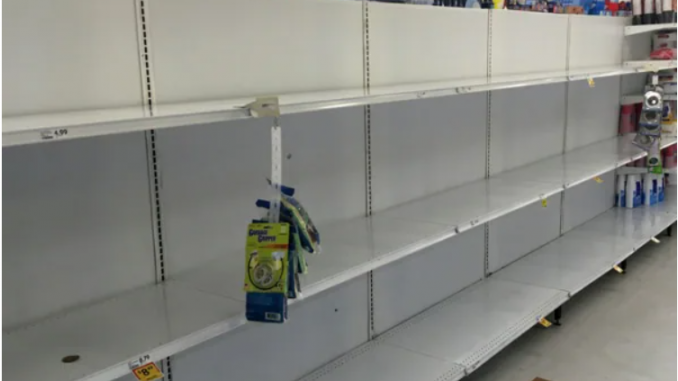
Shortages of semiconductors, autos and other industrial goods that move through supply chains are here to stay for the time being, Citi warned Monday.
“Bottom line, we find that supply chain pressures have proved to be more persistent, and apparently deep rooted, than we had expected even a few months ago,” strategists led by Nathan Sheets, global chief economist st Citi Research, wrote in a new report.
“And the Russia-Ukraine conflict seems to be further amplifying the stresses. Given these realities, any hopes of near-term improvement in supply chain conditions have been shattered. The challenges in the months ahead look to be as acute as at any time over the past two years.”
According to Citi, the pressures of inflation, labor shortages and increased household savings are some of the challenges supply chains are facing.
“To relieve the stress in global trade, we ultimately need to see an improvement in the pandemic,” Citi said. “Some specific supply chain issues are beginning to unwind but there are still a number of lingering unknowns.”
Making progress in the pandemic is important, Citi said, because the pandemic amended the idea that global supply chains were fully optimized.
“Until the pandemic, the broad consensus was that supply chains were ‘optimized’ and functioning smoothly,” the strategists wrote.
“Firms were thought to have broadly solved the riddle of how to keep inventories lean and simultaneously ensure a reliable flow of inputs for use in production. … Rather than a smooth predictable flow of demand, production, and transportation — the past two years have seen surging demand for final goods coupled with episodic disruptions in the availability of the inputs required to produce those goods.”
On Monday, Apple is expected to debut a new Macbook Air at the company’s Worldwide Developers Conference. The latest Apple hardware may not be available in the coming weeks and months, however, due to the COVID-19 lockdowns in China.
China’s COVID-19 policies have also contributed to a semiconductor shortage amid pandemic demand for PCs and autos.
“We are about halfway through [the chip shortage],” Intel CEO Pat Gelsinger told Yahoo Finance Live last month at the World Economic Forum in Davos, Switzerland . “My expectation now is that it persists through 2024.”
Via Newsmax
